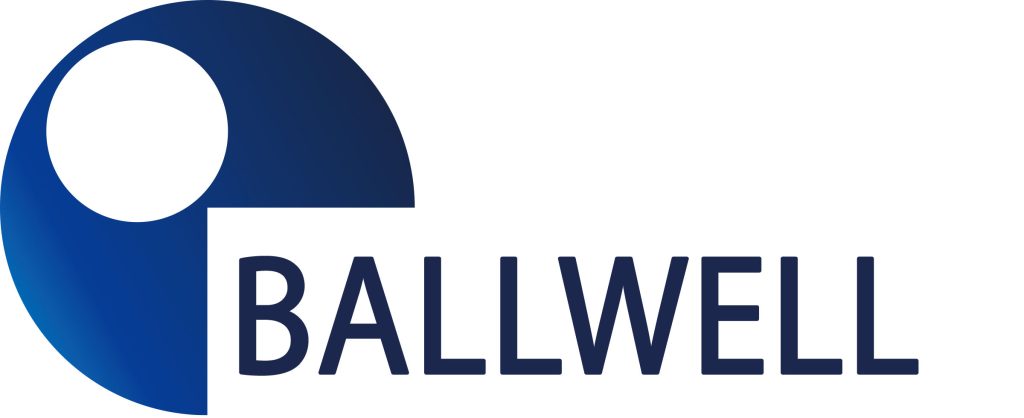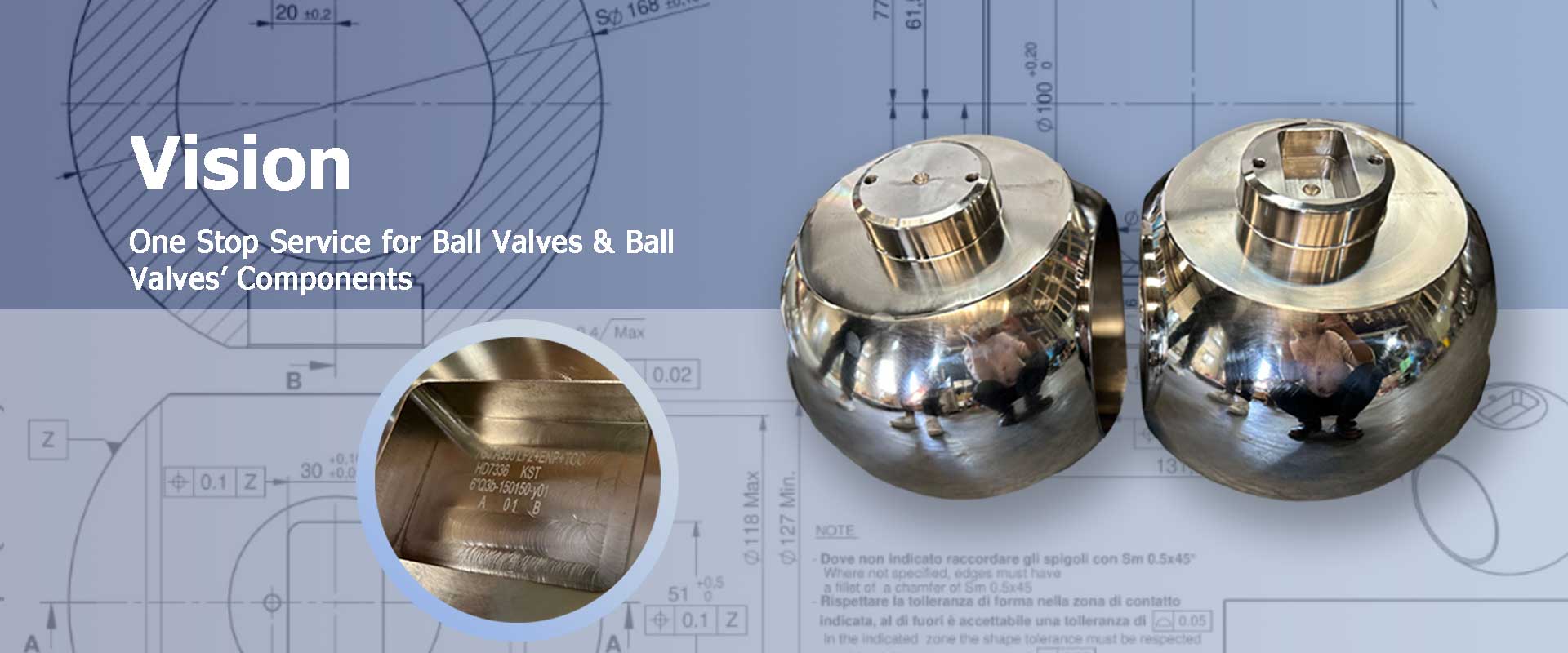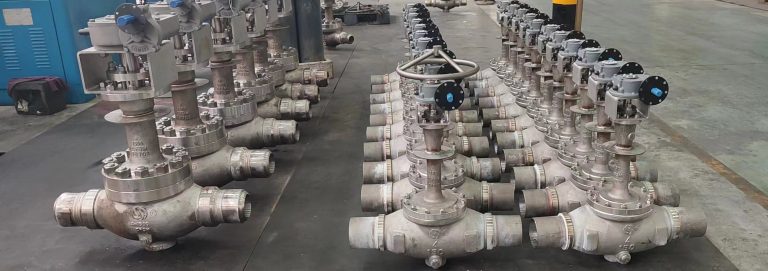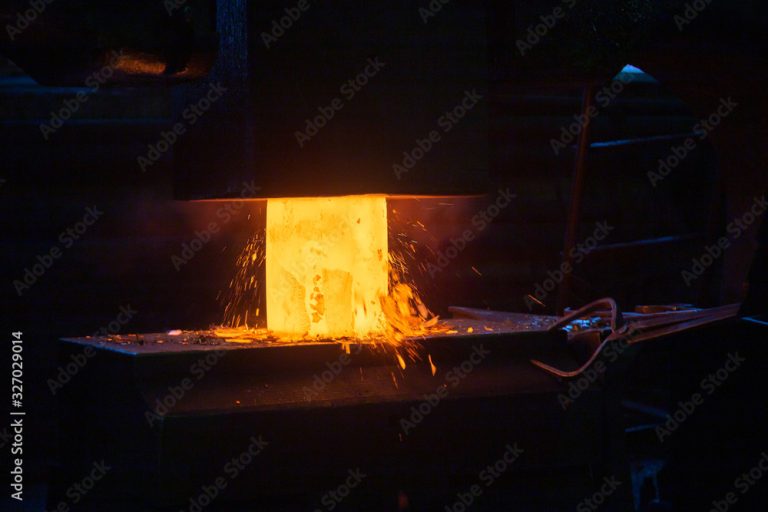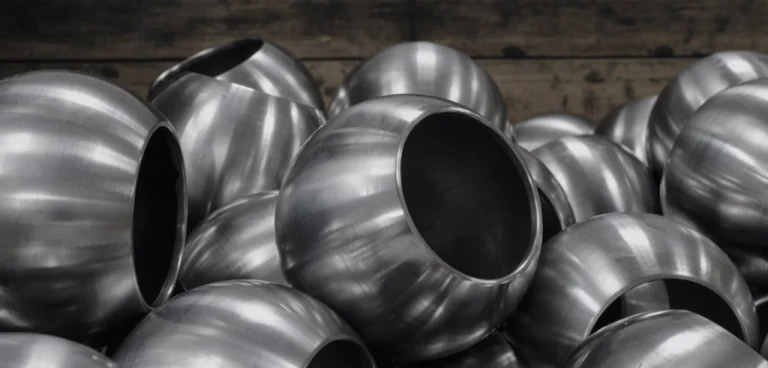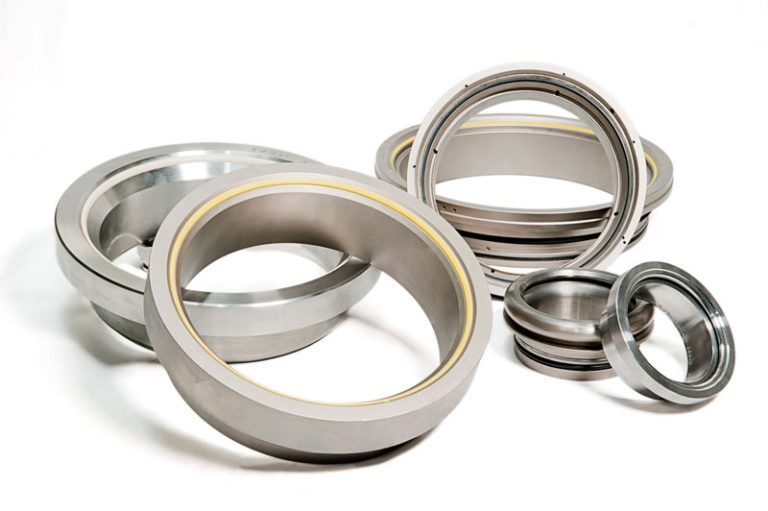Ball Valve Seat & Seal Material Selection Guide
Ball valves play a critical role in controlling the flow of fluid and pressure within a pipeline, but their effectiveness and safety is only as good as the seat material used. In this blog post, we are going to review the basics of five commonly used ball valve seat materials.
KEY PROPERTIES OF BALL VALVE SEAT MATERIALS
When choosing a polymer material for a ball valve seat, there are numerous factors that are involved. Key material properties include …
- Sufficient ductility to provide a reliable seal
- Dimensional stability to ensure the ball valve seat retains its shape for reliable sealing and performance
- Very low friction to keep stem torque at a minimum
- Low coefficient of thermal expansion so that the ball valve seat retains its shape when temperature changes occur
- Excellent wear resistance for a long service life
- Chemical compatibility with all media involved
In some operating environments, it is also important that ball valve seat materials exhibit these properties:
- Low moisture absorption to prevent dimensional changes in the presence of water or high humidity
- Maintain performance with repeated sterilization that can include hot water, steam, and harsh cleaning chemicals
- Good performance in the presence of sudden decompression (i.e., pressure drops over 650 psi)
Seat Material Specifictions
PTFE, RPTFE, Molon, PEEK
| PTFE | RPTFE | Molon(Nylon+MoS2) | PEEK | |
| Tensile Strength (MPa) | 24.8 | 25.4 | 75〜100 | 91 |
| Compressive Strength (MPa) | 35 | 52 | 100-140 | 137 |
| Elongation (%) | 250 | 120 | 10〜30 | 50 |
| Hardness(SH.A) | 56 | 60 | 78 | 82 |
| Water Absorption (%) | <0.01 | <0.01 | 0.7 | 0.12 |
| Specific Gravity (G/cm3) | 2.2 | 2.2 | 1.2 | 1.35 |
| Temperature Range (°F) | -300~400 | -150~425 | -40〜300 | -150~500 |
| Pressure Rating (Class) | 150~600 | 150~600 | 150~1500 | 150~2500 |
| Service Application | Chemical & Cryogenic | Chemical & Cryogenic | High Pressure & Lov/Temperature | High Pressure & High Temperature |
Seat Material Specifictions (continued)
Nylon, Devlon, Delrin
| Nylon 1010 | Nylon 12 | Devlon V | Delrin | |
| Tensile Strength (MPa) | 55 | 60 | 80 | 68 |
| Compressive Strength (MPa) | 70 | 79 | 140 | 110 |
| Elongation (%) | 150 | 200 | 5.37 | 220 |
| Hardness(SH.A) | 70 | 75 | 78 | 78 |
| Water Absorption (%) | 0.3 | 0.2 | 0.1 | 0.2 |
| Specific Gravity (G/cm3) | 1.04 | 1.01 | 1.14 | 1.41 |
| Temperature Range (*F) | -40〜200 | -58〜250 | -150〜300 | -58〜230 |
| Pressure Rating (Class) | 600〜1500 | 600〜1500 | 150〜1500 | 150-1500 |
| Service Application | High Pressures & Low Temperature | High Pressure & Low Temperature | High Pressure & Low/Temperature | High Pressure & Low Temperature |
Note: The soft seat is also called seat ring in floating ball valves; it is called seat insert in trunnion-mounted ball valves.
Seal Material Specifications
| Viton A | NBR | Viton B | HNBR(HSN) | Viton AED | |
| Temperature range (°F) | -20〜400 | -50〜250 | -20〜400 | -40〜320 | -20〜480 |
| Hardness (SH.A) | 70 | 70 | 70 | 80 | 90 |
| Specific Gravity (G/cm3) | 1.85 | 1.2 | 1.85 | 1.33 | 1.9 |
| Service Application | Petroleum Oils, Gasoline, Transmission Fluid | Petroleum Oils, Water, Hydraulic Oils | Mineral Acid, Steam, MTBE | Petroleum Oils, H2S&CO2 Anti-Explosive Decompression | Petroleum Oils, H2S&CO2 Anti-Explosive Decompression |
Gasket Material Specifications
| Flexible Graphite | Spiral Wound 316+Graphite | PTFE | SpiralWound Monel + PTFE | |
| Temperature Range °F | -300〜900 | -300〜900 | -300〜400 | -300〜400 |
| PH | 0〜14 | 0〜14 | 0〜14 | 0〜14 |
| Service Application | Fire-safe | Fire-safe | Cryogenic, High Corrosive | High Corrosive |
CONCLUSION
Ball valve seals are used in many different industries, including chemical processing plants, oil and gas operations, manufacturing facilities, food preparation, and even residential use. As a leak-proof means of pressure and flow control, their smooth and reliable operation is critical–which is why polymer materials work extremely well for ball valve seats. If you are in the market for a ball valve seat material, contact the experts at Advanced EMC. We can put our years of experience to work for you, helping you select the right material for your project.
